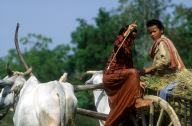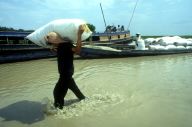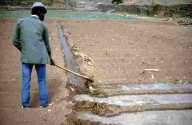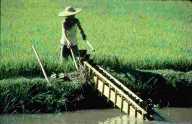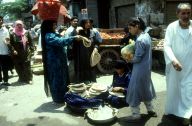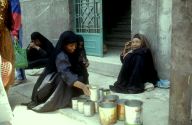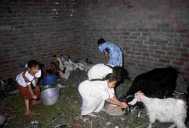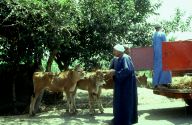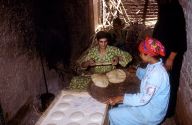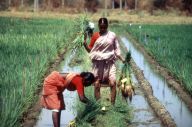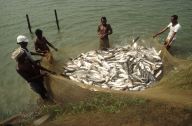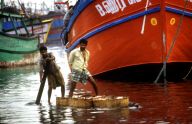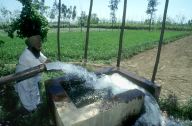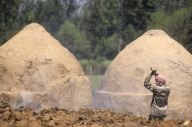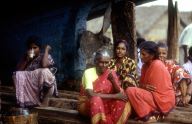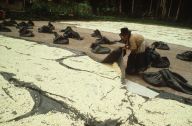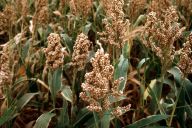FFS News Feeds
Read the latest five FFSnet news items in Firefox with RSS or receive all RSS news feeds in MS Outlook 2007
|
|
LEISA September 2008, Vol. 24.3 Call for articles - Empowerment and social inclusion |
|
Written by Arnoud Braun
|
|
Friday, 28 March 2024 |
|
In all societies inequalities exist, due to gender, age, religion, cultural or caste affiliation, low education or income, unemployment, diseases, disabilities, migration, or geographic location, to name a few. Stigmas and social limitations result in social exclusion; that is, marginalisation and powerlessness within the wider society. This status not only keeps excluded people poor and powerless, but it also affects feelings of self-respect and confidence.
While some developments in conventional agriculture may exacerbate inequalities, low external input sustainable agriculture provides opportunities to lessen these differences. The September 2008 issue of the LEISA Magazine (24.3) is seeking examples in which socially excluded people have overcome such barriers. For example when a marginalised group acts to improve their life; when a group of farmers join hands and gain access to land, water, or a market; or when a stigmatised cultural group finds its way to a better status through agrotourism or marketing of handicrafts or food.
Social inclusion efforts open previously closed doors. They come from government, NGOs, businesses or community
leaders. For example, in programmes in which orphans, widows, or ethnic groups increase their skills in agricultural
activities, thereby improving their livelihoods and status in a community. Or, the government may change rules to
provide particular groups of people access to markets, land or education.
LEISA Magazine is looking for stories that highlight local initiatives as well as externally driven mechanisms. What opportunities are there in small-scale agriculture, and how can marginalised groups realise them? What difficulties are faced, and what lessons have been drawn from experiences so far?
- Deadline for submission of articles: 1 June 2024
- Submit to
This e-mail address is being protected from spam bots, you need JavaScript enabled to view it
|
|
|
LEISA Magazine, volume 24.1 - Towards fairer trade |
|
Written by Arnoud Braun
|
|
Friday, 28 March 2024 |
|
As markets for fair and green trade products are expanding, we look
here at some of the issues faced by LEISA farmers. The articles in issue 24.1 of LEISA Magazine were chosen to show current practical
experiences with fair and green trade, reflecting the variety of
initiatives that have taken shape in recent years. By presenting some
of the current debates around this topic, ILEIA hopes to provoke further
discussion.
|
|
Last Updated ( Friday, 28 March 2024 )
|
|
Read more...
|
|
|
FSN Forum Discussion - Community Forestry and FFS |
|
Written by Arnoud Braun
|
|
Friday, 28 March 2024 |
|
From 17th March - 17th April there is an Open Discussion about "Community Forestry and Food Security" on the Global Forum on Food Security and Nutrition Policies and Strategies (FSN Forum). The moderator is Denis Mahonghol from FAO in DR Congo, who works on the FAO-Netherlands Partnership Programme in DR Congo 2005-2008 (FNPP/GLO/003/NET). The “Government and community management of natural resources” component of this project is conducting a community forestry pilot in the South-East of the country, in Katanga province (Lubumbashi), in Kaponda Chiefdom, land of Kikonke. The rapid appraisal in that project area has shown clearly that the population is essentially agricultural despite the high variety of problems they are facing (soil poverty, lack of agricultural inputs, increased deforestation, drying up of water sources etc.). It is therefore necessary to conciliate the process for community management of forestry resources with that of agricultural development. In this perspective, the programme has initiated actions integrating the “farmer field school” approach in order to put local communities in confidence and create direct synergies between agriculture and community management of forest resources.
The moderator has formulated some major questions: Could Forum members share documents or studies on different Food Security Indicators? Are there studies that evaluate the contribution of Community Forestry to Food Security? What would be the best mechanisms to anchor Agricultural Activities and ensure Food Security in a Community Forestry process, which generally consists in management of natural/forest resources by and for local populations? To join this discussion, please first register below.
- FSN Forum Home
- FSN-Forum Registration
- On-line FSN-Forum Open Discussion "Community Forestry and Food Security" (registration / log in required)
|
|
Last Updated ( Friday, 28 March 2024 )
|
|
|
|
Latest in Database
|

